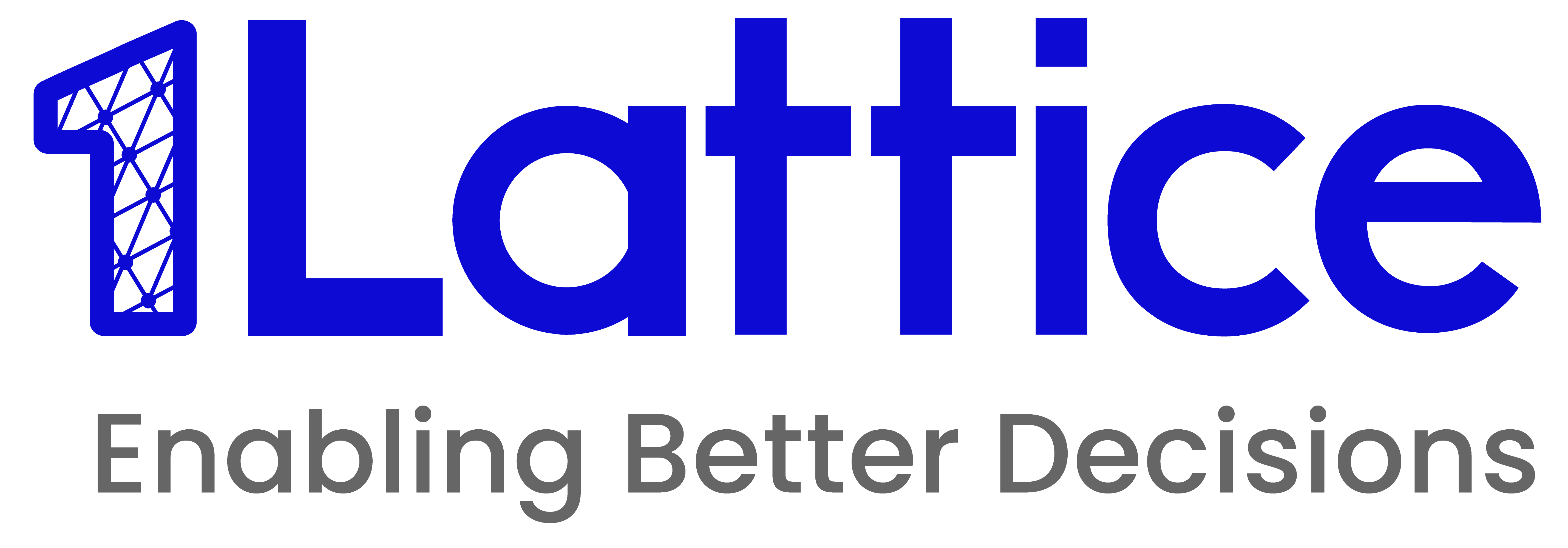
India’s healthtech sector is witnessing rapid growth, driven by innovation and increasing demand for accessible and efficient healthcare solutions. India’s HealthTech industry is projected to reach a market potential of $50 billion by 2033, positioning it as one of the most promising sectors in the global healthcare landscape. In 2024, the sector secured substantial funding of more than US$ 800M across various sub-sectors, reflecting the confidence of investors in its potential to address India’s healthcare challenges.
E-pharma (US$ 218M)
E-pharma emerged as the top-funded sub-sector, driven by the increasing adoption of online shopping and the need for accessible medications. These platforms improve drug availability in remote areas, enhance supply chains, and address logistical challenges, positioning themselves as essential players in India’s digital healthcare landscape.
PharmEasy, the online pharmacy startup, secured US$ 216M from MMEG along with existing investors – Prsous, Temasek, 360 One Portfolios.
Health SaaS (US$ 215M)
Health SaaS solutions streamline healthcare operations, from patient management to telemedicine and electronic health records (EHR). The demand for efficient, scalable digital platforms in hospitals and clinics has led to significant investments, signaling a strong growth trajectory for this sub-sector.
KKR invested ~US$ 150M in Infinix Healthcare, an AI powered healthcare platform automating patient access and revenue cycle processes. HiLabs raises US$ 39M funding from Eight Road Ventures, Denali Growth, and F-Prime capital to accelerate its AI-powered data management solutions for healthcare organizations
Diagnostics (US$ 208M)
Diagnostics remain a cornerstone of healthcare, playing a critical role in early detection and disease management. The rise of point-of-care and at-home diagnostic solutions, especially in rural areas, underscores the sector’s importance in improving access to timely and affordable healthcare.
Qure.ai, an AI diagnostics startup, raised $65 million in Series D funding led by Lightspeed Venture Partners, with support from Merck Global Health Innovation Fund and 360 ONE Asset Management. Active in 90 countries, Qure.ai focuses on detecting diseases like tuberculosis and stroke. The funding will drive its US expansion and advance its generative AI models for healthcare innovation.
Multispecialty (US$ 72M) and Specialty Care (US$ 23M)
While multispecialty platforms offer comprehensive, one-stop solutions for urban healthcare needs, specialty care focuses on complex and chronic conditions. Both sub-sectors address India’s growing demand for quality healthcare, especially among the urban middle class.
CureBay, raised US$ 7.5M in Series A funding led by Elevar Equity. The funds will support building a health data platform and expanding its workforce. Operating on a hybrid model, CureBay combines teleconsultation with physical healthcare via microsatellite centers to enhance access in remote areas.
Teleconsultation (US$ 45M)
Teleconsultation has revolutionized healthcare delivery by providing affordable and accessible alternatives to in-person consultations. With increasing mobile penetration and government initiatives like the National Digital Health Mission, telemedicine is expanding its reach across India.
Even Healthcare, offering free consultation and diagnostics through its clinic network, raised $30 million in Series A funding led by Khosla Ventures, with participation from Founders Fund, 8VC, and Lachy Groom.
Key trends in Indian Healthtech
- Rural Healthcare Solutions: Healthtech companies are innovating to serve rural areas through telemedicine, mobile health apps, and at-home diagnostic services.
- AI and Machine Learning: AI-driven tools are enhancing diagnostics, treatment planning, and operational efficiency.
- Health Financing: Though nascent, platforms helping individuals manage medical expenses are gaining traction.
- Holistic Healthcare: There’s growing interest in integrating traditional and modern medicine, providing new opportunities for healthtech innovation.
Conclusion
The healthtech sector in India is at a pivotal moment, with 2024 funding trends reflecting its potential to transform healthcare delivery. By addressing gaps in accessibility, affordability, and efficiency, healthtech startups are driving India toward a more equitable and sustainable healthcare system. With continued innovation and investment, the future of Indian healthtech looks promising.



